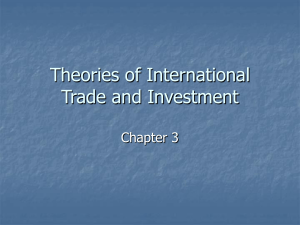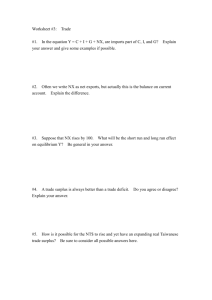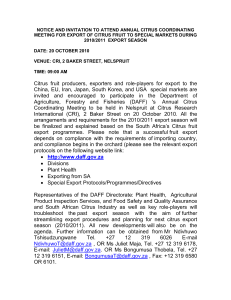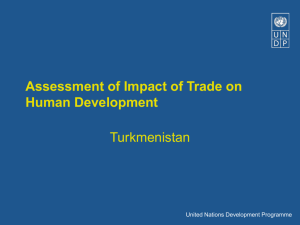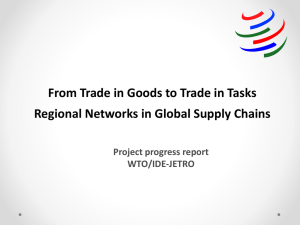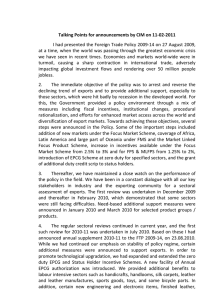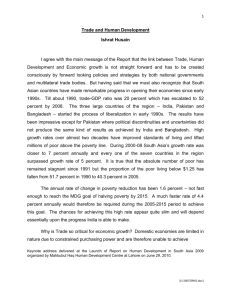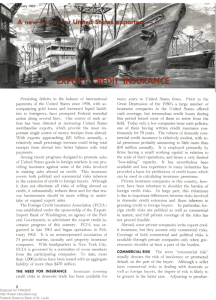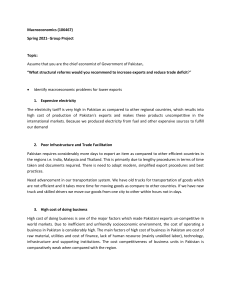13 Sep, 2004
advertisement
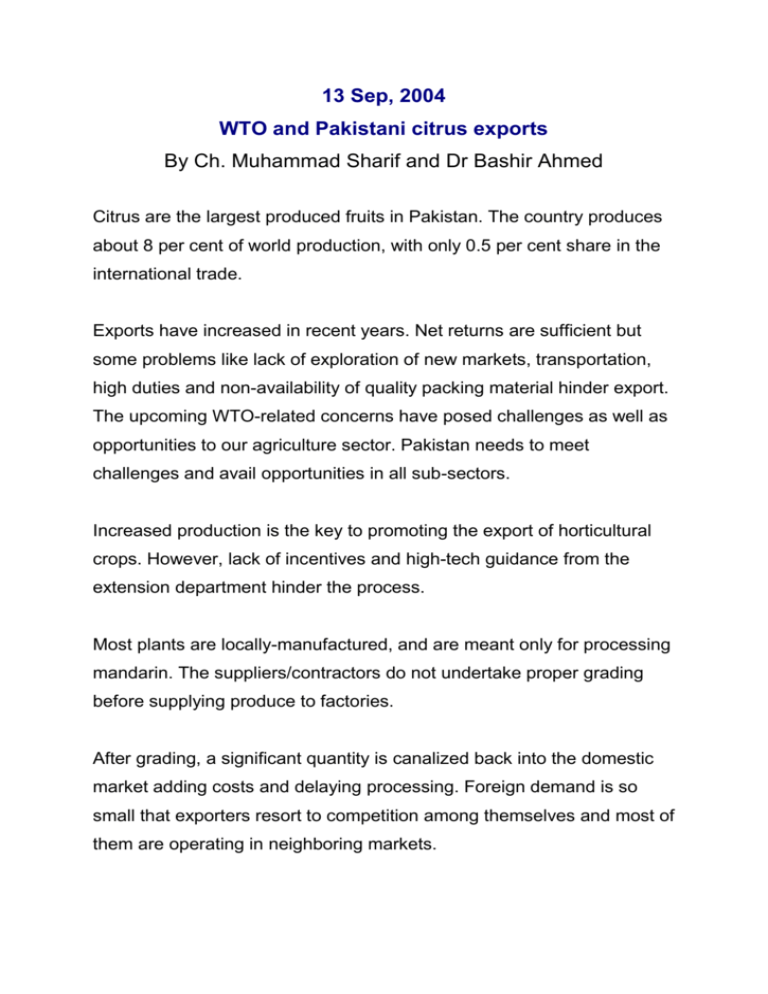
13 Sep, 2004 WTO and Pakistani citrus exports By Ch. Muhammad Sharif and Dr Bashir Ahmed Citrus are the largest produced fruits in Pakistan. The country produces about 8 per cent of world production, with only 0.5 per cent share in the international trade. Exports have increased in recent years. Net returns are sufficient but some problems like lack of exploration of new markets, transportation, high duties and non-availability of quality packing material hinder export. The upcoming WTO-related concerns have posed challenges as well as opportunities to our agriculture sector. Pakistan needs to meet challenges and avail opportunities in all sub-sectors. Increased production is the key to promoting the export of horticultural crops. However, lack of incentives and high-tech guidance from the extension department hinder the process. Most plants are locally-manufactured, and are meant only for processing mandarin. The suppliers/contractors do not undertake proper grading before supplying produce to factories. After grading, a significant quantity is canalized back into the domestic market adding costs and delaying processing. Foreign demand is so small that exporters resort to competition among themselves and most of them are operating in neighboring markets. Inputs like good quality wax and other packing materials are also not easily available. The government policies towards the promotion of citrus export are inconsistent and irregular. It has been observed that the WTO requirements can become opportunities, provided necessary institutional infrastructure is established. If Pakistani products can earn name, then such barriers shall not affect exports. Initially, the preparatory costs of compliance with the sanitary and phytosanitary (SPS) measures will be high, but once such agencies were established, the future benefits would be much higher. Coordination among the Export Promotion Bureau, kinnoo exporters, agricultural research and extension is urgently needed. Certifying agencies should be established on priority basis before the coming season to introduce and enhance citrus exports to the EU, the US, Japan and Australia. There is a growing recognition that the SPS agreement can promote agriculture trade. Many countries have done exercises on estimating the cost of compliance with these measures. According to Smeda, there are bright prospects for Pakistan to export citrus to these countries. Still, a lot needs to be done for establishing the necessary institutional infrastructure like keeping production record, quality testing laboratories, brand name, packing-material providing industries, general hygiene of markets and processing factors, quality certificate issuing authorities, etc. Under the WTO, the signatory countries cannot impose import duties but can raise non-tariff barriers based on quality and hygiene. Such issues are widespread in case of fresh horticultural products. One example is a ban on mango imports from Pakistan imposed by the US and Japan due to the incidence of fruit fly. Many Western and Asian countries are raising such barriers. Pakistan needs to impose these standards on its exports voluntarily. It is suggested that the market committees should be made strictly to observe hygiene. Export certificate issuing institutions should keep an eye on hygienic conditions at all stages of export. Courtesy: The DAWN

